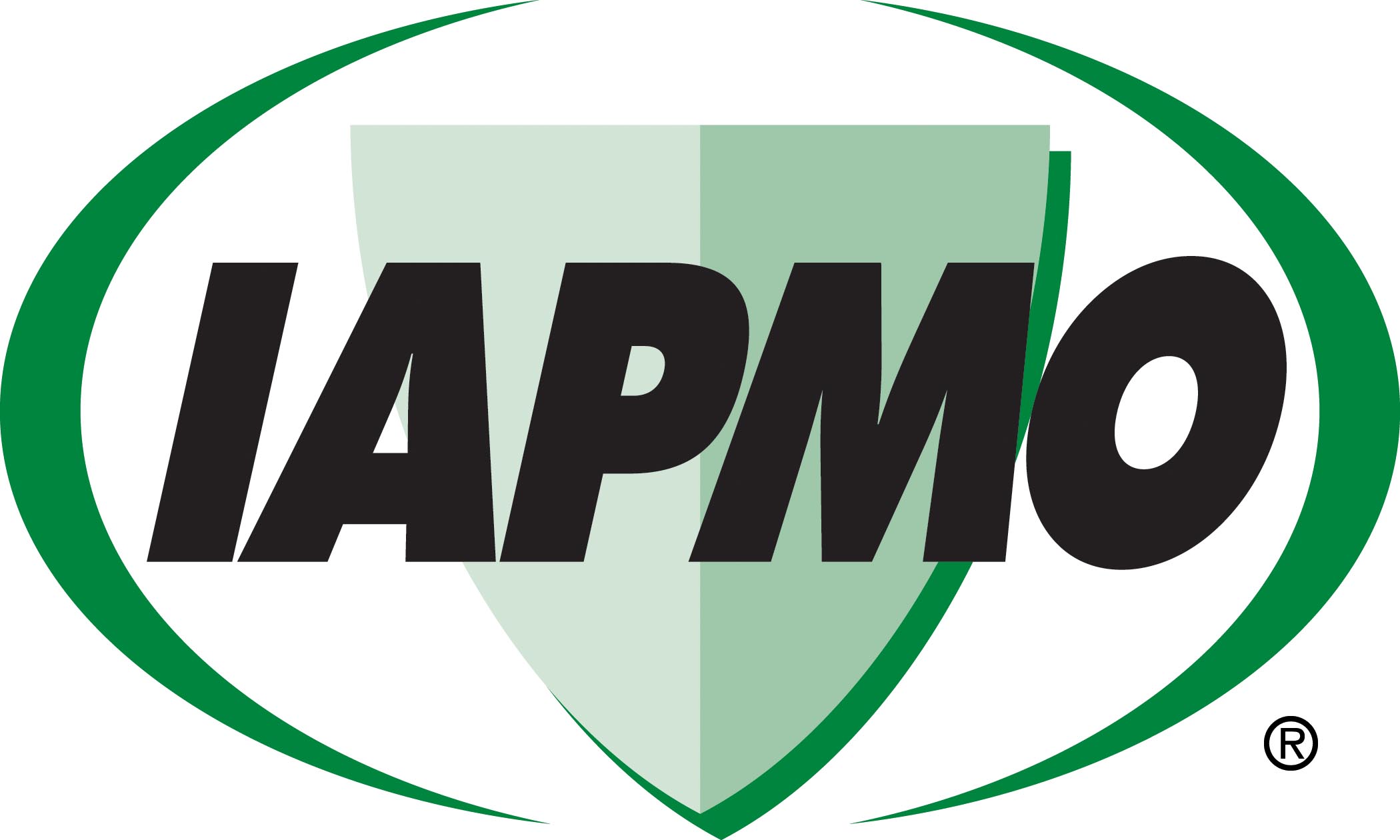Healthy H20 Act would help the 43 million households who rely on groundwater through private wells get tools to test their water and address emerging contaminants like PFAS
WASHINGTON, D.C. – Today, U.S. Senators Tammy Baldwin (D-WI) and Susan Collins (R-ME) introduced the bipartisan Healthy Drinking Water Affordability Act, or The Healthy H2O Act, to provide grants for water testing and treatment technology directly to individuals and non-profits in rural communities. Currently, nearly 43 million households, primarily in rural communities, rely exclusively on groundwater delivered through private wells for their drinking water. Currently, these sources are not subject to the same oversight and testing for contamination of public water sources. Water quality improvement systems installed at the faucet or within a building can provide immediate and ongoing protection from known and emerging water contaminants, like PFAS, lead and nitrates.
“Regardless of where you live, every Wisconsinite deserves access to clean drinking water and an environment free of toxic chemicals. Across our state, many rural and smaller communities are struggling to identify, treat, and get rid of emerging chemicals that endanger our health, especially that of our children,” said Senator Baldwin. “I am excited to partner with my Republican colleague to introduce legislation that will cut costs and expand access to water testing and treatment for families in rural communities so that when they turn on the faucet, they can be confident our drinking water is safe.”
“Maintaining and upgrading water and wastewater systems is vital to ensuring the economic and environmental health of our communities,” said Senator Collins. “This bipartisan legislation will help reduce health-based contaminants like PFAS in drinking water, increase consumer confidence, and protect public health.”
The Healthy H2O Act would provide grants for water quality testing and the purchase and installation of point-of-use or point-of-entry water quality improvement systems that remove or significantly reduce contaminants from drinking water. Grants would be provided by the U.S. Department of Agriculture directly to individuals and to non-profits in rural areas, specifically to those in communities with a population under 10,000, to help people test their water and install a water treatment product if needed. The Healthy H2O Act will continue to be necessary following the Biden Administration’s announcement yesterday that it will pursue the first-ever national drinking water standard for six different per- and polyfluoroalkyl substances. While public water systems have access to federal infrastructure assistance through EPA’s Drinking and Clean Water State Revolving Funds, the Healthy H2O Act will provide solutions to those accessing water through private wells that are not subject to the same drinking water standards and do not have access to the EPA funding.
Across the United States and in Wisconsin, communities face threats to their drinking water from a number of contaminants, including lead, arsenic, nitrates, volatile organic compounds (VOCs), PFOA, PFOS, hexavalent chromium-6, and others. The Healthy H20 Act will provide grants for those living in rural communities to increase access to the many technologies for testing and water treatment at the point of use.
The legislation is cosponsored by Senators Tina Smith (D-MN), Jeanne Shaheen (D-NH), Angus King (I-ME).
“We applaud Senators Baldwin and Collins for introducing The Healthy H2O Act, which will increase access to water treatment technology for rural communities, an area overlooked in recent federal investments,” said WQA Executive Director Pauli Undesser, MWS. “Consulting qualified professionals and utilizing certified point-of-use and point-of-entry filtration systems can play a crucial role for those who rely on private wells and are uncertain about how to treat emerging health contaminants.”
“Access to clean drinking water is a basic human right. We applaud Senator Baldwin and Senator Collins for their continued leadership in helping underserved communities get access to the clean water they deserve. The Healthy H2O Act ensures that low-income households facing water quality challenges in their homes can afford reliable water filtration technologies. These filters remove dangerous contaminants that threaten the health of American families. By providing access to clean drinking water, this legislation helps to increase household earnings, reduce healthcare costs, and increase tax revenue,” said Christopher Lindsay, Vice President of Government Relations, the International Association of Plumbing and Mechanical Officials.
“RCAP applauds Sens. Baldwin and Collins for working across party lines on the Healthy H20 Act to ensure that rural communities do not continue to be overlooked when it comes to federal infrastructure investments for clean drinking water, especially those communities that rely on private wells,” said Olga Morales-Pate, CEO, Rural Community Assistance Partnership. Children are often most at risk from water contaminants, and the grants provided through this legislation would enable small communities to test their water and install systems to remove contaminants from drinking water. RCAP has worked to bring clean, reliable drinking water to rural communities for 50 years, and looks forward to seeing additional progress thanks to this legislation.”
“The role of private water wells in our nation’s infrastructure is too often overlooked and under supported. Nearly 40 million Americans depend on private wells as their source of drinking water so we must find new ways to ensure it is safe and healthy to consume. We applaud Senator Baldwin’s introduction of the Healthy H20 Act and thank her for her support in providing clean water to families throughout the country,” said Jason House, LG, PG President of the National Ground Water Association.
“The American Supply Association (ASA) in its continuing mission of providing clean water to all Americans is pleased to support the Healthy H2O Act and appreciate the efforts of Senator Baldwin and Senator Collins to make this bill a reality. The legislation addresses the critical needs of underserved, rural communities to obtain grants for testing and water filtration solutions. This funding would help bring parity for those areas that may have been overlooked by previous legislative efforts and help continue to provide clean, fresh drinking water for years to come,” said Stephen Rossi, Vice President of Advocacy, American Supply Association.
The Healthy H2O Act is supported by Water Council of Milwaukee, International Association of Plumbing and Mechanical Officials, Water Quality Association of Wisconsin, The Water Quality Association, The National Ground Water Association, The Groundwater Foundation, American Supply Association, NSF International, Water Systems Council, Water Well Trust, Ground Water Association, Eastern Water Quality Association, Florida Water Quality Association, Association of Groundwater Professionals, Iowa Water Quality Association, Michigan Groundwater Association, Minnesota Water Well Association, Minnesota WQA, Montana Water Well Drillers Association, Nebraska On-Site Wastewater Association, Nebraska State Irrigation Association, Water Leaders Academy, Nebraska Well Drillers Association, Ohio Water Quality Association, Pacific Water Quality Association, Texas Water Quality Association, Well Drillers Association of Wisconsin, Rural Community Assistance Partnership, International Code Council, Kentucky Groundwater Association, and Plumbing Manufacturers International.
The full text of this legislation is available here. A one-pager on this legislation is available here.

IAPMO
IAPMO develops and publishes the Uniform Plumbing Code®,the most widely recognized code of practice used by the plumbing industry worldwide; Uniform Mechanical Code®; Uniform Swimming Pool, Spa and Hot Tub Code®; and Uniform Solar Energy, Hydronics and Geothermal Code™ — the only plumbing, mechanical, solar energy and swimming pool codes designated by ANSI as American National Standards — and the Water Efficiency Standard (WE-Stand)™. IAPMO works with government, contractors, labor force, and manufacturers to produce product standards, technical manuals, personnel certification/educational programs and additional resources in order to meet the ever-evolving demands of the industry in protecting public health and safety.
Last modified: March 17, 2023

